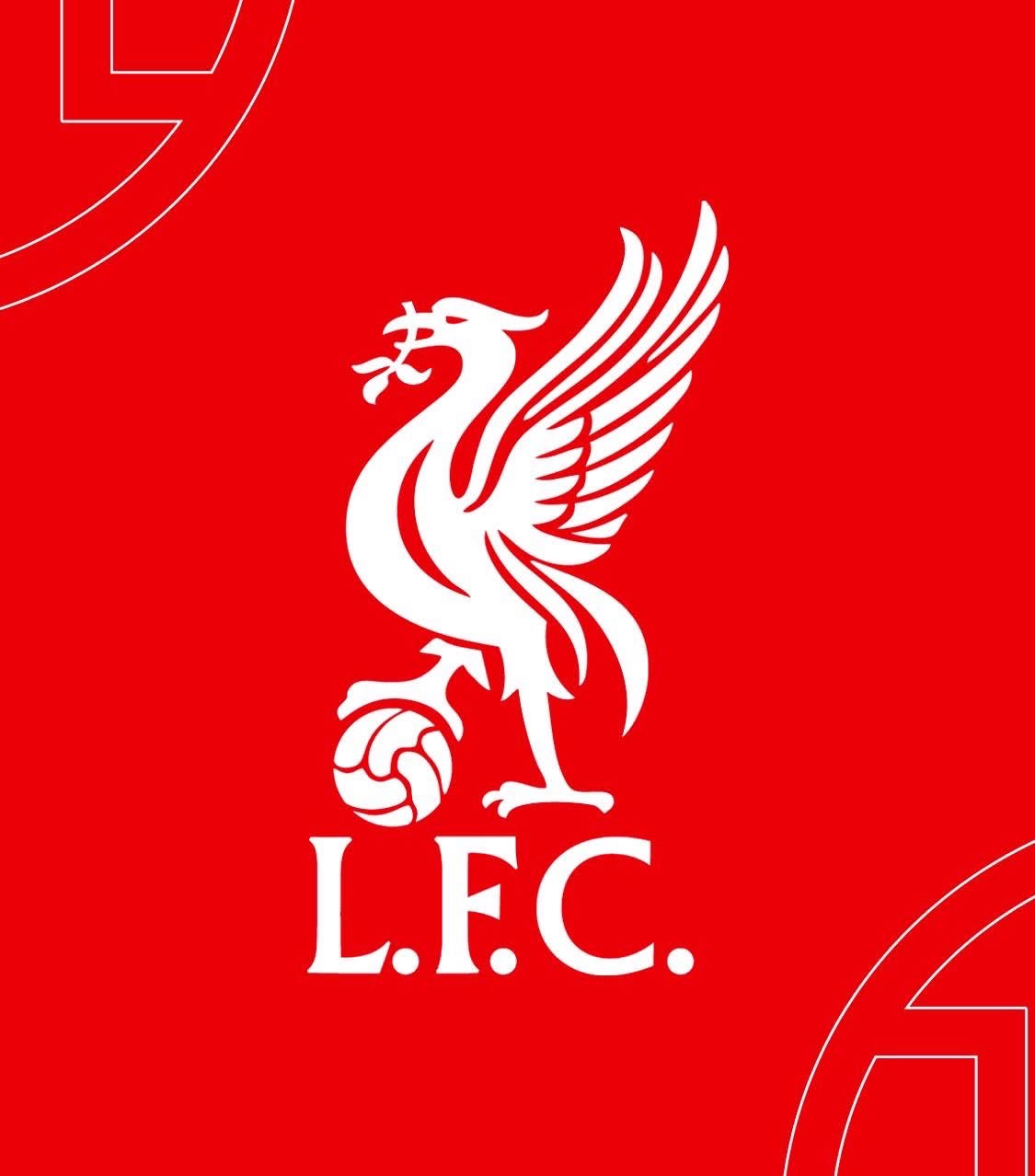Spanish football is once again in turmoil. What began as a single controversial decision has now erupted into a full-blown crisis threatening to shake La Liga to its very core. Reports emerging from across Spain confirm that players from multiple clubs are preparing a league-wide protest this weekend, following the explosive fallout from what’s being dubbed the “Miami Controversy.”
The decision to potentially host a Spanish top-flight fixture in the United States — specifically in Miami — has sparked widespread outrage among players, clubs, and fans alike. The issue has quickly escalated from a logistical debate to a battle over power, respect, and the future direction of Spanish football.
The Spark: The Miami Clash That Divided Spanish Football
At the heart of the uproar lies a controversial plan proposed by La Liga officials: staging a regular-season fixture on American soil, with Miami selected as the destination. The move, which league executives defended as part of an effort to expand La Liga’s global brand, has been met with fierce resistance from those who believe it undermines the integrity and tradition of the Spanish league.
According to insiders, the game in question was intended to serve as a “landmark event,” showcasing La Liga’s reach beyond Europe and attracting new fans from the booming U.S. soccer market. However, instead of celebration, the proposal triggered chaos.
Players’ unions, club captains, and supporters have condemned the plan, arguing that it prioritizes commercial interests over sporting fairness. “Football belongs to the fans,” one senior player reportedly told Marca. “You can’t just take our league and move it across the ocean because of sponsorship deals.”
The Players’ Response: Unity in Defiance
In a rare show of unity, players across the Spanish league — from the biggest stars at Real Madrid and Barcelona to those at smaller clubs — have joined forces to oppose the Miami plan. Meetings between captains and the Association of Spanish Footballers (AFE) have intensified throughout the week, culminating in the decision to stage a coordinated protest during this weekend’s matches.
Sources suggest the protest could take several forms — from symbolic gestures on the pitch to potential match delays or even a temporary stoppage of play. While details remain confidential, insiders confirm that the action will be highly visible and impossible for La Liga authorities to ignore.
“The players are not just fighting for one match,” an AFE spokesperson explained. “They’re fighting for respect, for the soul of Spanish football, and for the principle that decisions affecting them should be made with their consent.”
Why the Miami Plan Is So Controversial
At first glance, the idea of playing in Miami might seem harmless — a way to promote La Liga globally and generate new revenue. But beneath the surface lies a deep philosophical divide.
Critics argue that hosting a domestic league fixture abroad violates the fundamental principle of sporting fairness. Home advantage — a cornerstone of competition — would be stripped away, replaced by a neutral venue thousands of kilometers from Spanish soil. For smaller clubs, this could have massive implications both competitively and financially.
Moreover, fans have voiced anger over the potential alienation of local supporters. “Season ticket holders pay to watch their team at home,” one Valencia fan lamented on social media. “Now they’re being told that their loyalty doesn’t matter as long as the global audience is entertained.”
The Spanish Football Federation (RFEF) has previously blocked similar attempts to host La Liga games abroad, citing logistical and ethical concerns. But renewed pressure from league executives — eager to compete with the global branding success of the Premier League and the growing U.S. interest in football — has reignited the controversy.
A Flashpoint Between Players and La Liga Leadership
The Miami controversy has also deepened the growing rift between La Liga president Javier Tebas and the players’ union. Tebas, a vocal advocate for global expansion, insists that international matches are essential to the league’s long-term success.
However, players argue that their voices are being ignored in critical decisions affecting their profession. Many feel that the league is being run like a corporate machine, focused solely on marketing metrics and sponsorships, while overlooking the human and emotional side of football.
This weekend’s protest, therefore, is about far more than a single game. It represents years of frustration over what players see as a lack of dialogue, transparency, and respect from the league’s leadership.
Clubs Divided: Money vs. Morality
The controversy has also exposed divisions among clubs themselves. Some of the league’s smaller sides view the Miami initiative as an opportunity for much-needed exposure and financial growth, while traditional powerhouses such as Real Madrid and Barcelona remain firmly opposed.
Florentino Pérez, Real Madrid’s president, has long criticized Tebas’ push for international expansion, claiming it disrupts the competitive balance and disrespects local fan bases. Similarly, Barcelona sources indicate that the club believes La Liga should focus on “strengthening its domestic product before exporting it.”
Meanwhile, other clubs, tempted by the potential commercial rewards, have taken a more neutral stance. But as the player protests gain momentum, even the hesitant are starting to recognize that the issue has become one of principle, not profit.
Fan Reactions: Outrage, Passion, and Solidarity
If the league hoped the Miami clash would excite fans, the opposite has occurred. Across Spain, supporter groups have launched campaigns, online petitions, and protests to demand that La Liga remain in Spain. Stadium banners reading “El fútbol es de los aficionados” (“Football belongs to the fans”) have appeared in grounds across the country.
Even international supporters — usually the target audience for such ventures — have expressed discomfort, arguing that the authenticity of the competition is what makes it appealing in the first place. “If La Liga starts chasing money like everyone else, it loses what makes it special,” one U.S.-based fan wrote.
For many, this has become a defining cultural moment — a fight to preserve football’s identity in an era dominated by commercialization.
The Role of FIFA and the Spanish Federation
FIFA’s position adds another layer of complexity. The governing body has historically opposed domestic leagues staging competitive matches abroad, fearing it could set a dangerous precedent. In 2019, FIFA even intervened to block a proposed La Liga game in Miami between Girona and Barcelona.
The RFEF (Spanish Football Federation) has echoed similar concerns, suggesting that any such move would require official approval — something La Liga officials have been reluctant to seek. The federation has also expressed support for the players’ right to protest, emphasizing the importance of consultation and consent in football governance.
In other words, while La Liga might hold the broadcasting rights, it cannot unilaterally move fixtures abroad without sparking institutional and legal battles.
What the Protest Could Mean for the Future
The outcome of this weekend’s protest could shape the future of Spanish football. If players stand united and fans continue to voice outrage, La Liga may be forced to reconsider its global expansion strategy.
Conversely, if the league holds firm and manages to push through the Miami plan, it could mark the beginning of a new — and deeply divisive — chapter in La Liga’s history. Future matches could follow suit, with more fixtures potentially heading to the United States, the Middle East, or Asia.
Either way, this confrontation represents a turning point — a battle between tradition and globalization, between community and commerce.
Conclusion: A League at War With Itself
As tensions build ahead of the weekend’s fixtures, one truth has become undeniable: La Liga is a league at war with itself. Players, fans, and even clubs are now standing in open defiance against the very institution that represents them.
What began as a marketing initiative has evolved into a philosophical crisis — one that asks fundamental questions about what football should stand for. Is it a sport built on community, fairness, and passion? Or has it become a global product, designed to serve commercial interests above all else?
The answers may emerge this weekend when players across Spain take a stand, not just for themselves, but for the game they love. And whether you’re in Madrid, Barcelona, or Miami, the message will echo loud and clear: football without its soul is just business — and that’s something no fan will ever accept.





